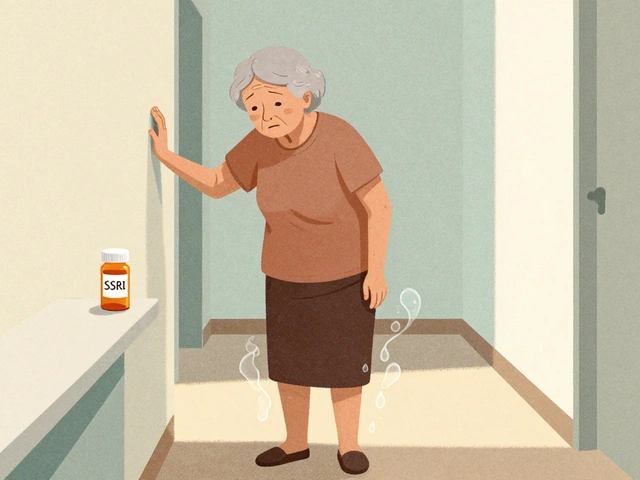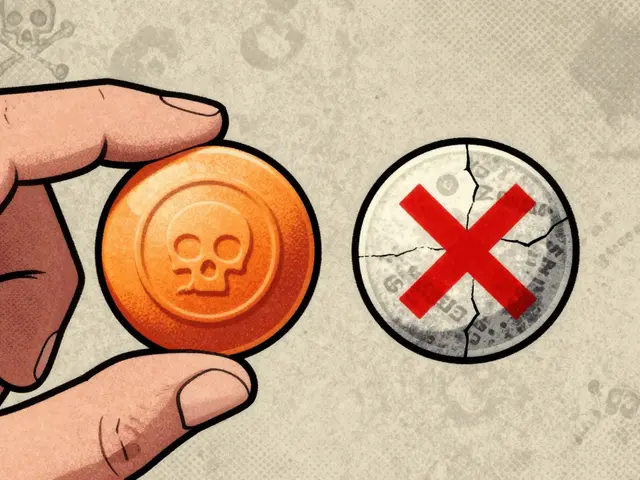Valtrex Alternatives 2024 – Effective Treatments for Herpes Infections
If you’ve heard of Valtrex (valacyclovir) but wonder about other options, you’re not alone. Many people look for alternatives because of cost, side effects, or simply wanting to try a different pill. Below you’ll find the most common antivirals, how they work, and what to watch out for.
Why Look for Alternatives?
Valtrex is a prodrug that turns into acyclovir in your body, so it’s already pretty efficient. Still, the price tag can be steep, especially without insurance. Some users report headaches or nausea that don’t bother them with other drugs. And in a pinch, a doctor might prescribe a different antiviral if Valtrex isn’t stocked. Knowing the other choices helps you stay in control of your treatment and your wallet.
Top Alternatives Compared
Acyclovir (Zovirax) – This is the parent drug of Valtrex. It’s cheaper and works just as well when taken five times a day for an outbreak. The trade‑off is more frequent dosing, which can be annoying. Side effects are usually mild – mostly stomach upset.
Famciclovir (Famvir) – Similar to Valtrex, famciclovir converts to penciclovir inside the body. It’s taken three times a day, making it a good middle ground between dosing frequency and cost. It’s effective for genital herpes and shingles, but not always covered by insurance.
Penciclovir Cream (Denavir) – If you prefer a topical route, penciclovir ointment can shorten lesions when applied five times daily. It won’t stop the virus from spreading to other areas, but it eases pain and speeds healing for mild outbreaks.
Docosanol (Abreva) – Over‑the‑counter docosanol works by blocking the virus from entering skin cells. Start it at the first sign of a cold sore and keep using it for eight days. It’s less potent than prescription antivirals, so it’s best for very early or minor outbreaks.
Generic Valacyclovir – If brand‑name Valtrex is pricey, the generic version offers the same benefit at a lower price. Always check the pharmacy’s reputation and ensure the pill looks consistent with your prescription.
When choosing an alternative, ask yourself three questions: Can I afford the medication? Is the dosing schedule realistic for my daily life? Do I have any health conditions that make side effects more risky? A quick chat with your pharmacist can clear up most doubts.
Remember, antivirals work best when you start them at the first sign of tingling, itching, or a visible sore. Delaying treatment can let the virus spread, making the outbreak last longer. Keep a small stash of tablets or cream on hand if you know you get frequent flare‑ups.
If you’re pregnant, nursing, or have kidney problems, you’ll need a doctor’s okay before switching drugs. Some antivirals need dose adjustments for kidney function, and not all are safe during pregnancy.
Bottom line: Valtrex isn’t your only option. Acyclovir, famciclovir, penciclovir cream, docosanol, and generic valacyclovir each have pros and cons. Compare price, dosing frequency, and side‑effect profile to find the one that fits your lifestyle.
Still unsure? Write down your symptoms, costs you’ve seen, and any concerns, then bring that list to your next appointment. Having clear info makes the conversation with your doctor smoother, and you’ll walk away with a plan that actually works for you.

When to Switch From Valtrex to Acyclovir: Practical Insights on Resistance and Dosing
Sometimes, sticking to a herpes medication that once worked just isn't cutting it anymore. This article dives into when and why a switch from Valtrex to acyclovir makes sense. You'll learn about real-life clinical triggers behind switching, what resistance means, and why dosing schedules matter to real people. Plus, get expert wisdom on navigating alternative treatments when the usual meds fail. This read breaks down complicated science into plain advice you can use—straight talk, not medical mumbo jumbo.




